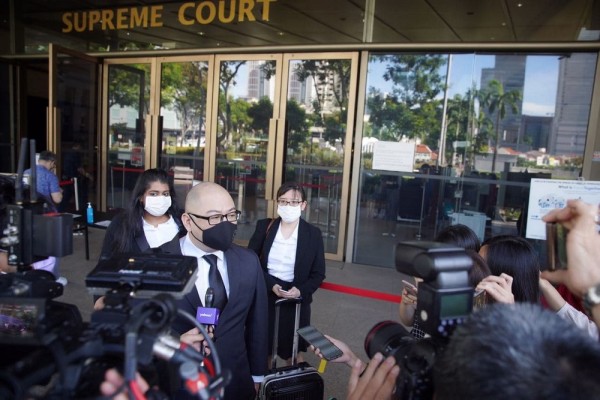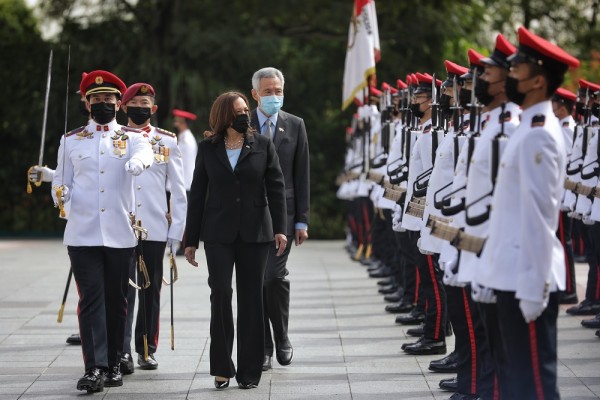Following Singapore’s announcement that it will implement a new policy requiring individual licences for news websites with at least 50,000 unique views a month, IPI urged authorities in the Southeast Asian city-state to re-consider the licensing system and ensure that any laws affecting the media are in full respect of international standards in this area.
On May 28, Singapore’s media regulatory body, The Media Development Authority (MDA), announced that from June 1, “online news sites will require an individual licence from the Media Development Authority (MDA) if they (i) report an average of at least one article per week on Singapore’s news and current affairs over a period of two months, and (ii) are visited by at least 50,000 unique IP addresses from Singapore each month over a period of two months.”
These licenses will also carry a 50,000-Singapore dollar (US $39,500) “performance bond” and an obligation to remove content that the MDA considers to be in violation of their standards within 24 hours. The MDA Internet Code of Practice considers “prohibited content” any “content that undermines racial or religious harmony.”
Singapore’s Minister of Communications and Information, Yaacob Ibrahim, was reported as saying that the new licence did not constitute a change in the country’s content standards. On May 31, Ibrahim wrote on his Facebook page: “Under the current class licensing regime, content that breaches our content standards – whether it offends good taste or incites racial or religious hatred – already needs to be taken down. There will be no change in these standards.”
Nevertheless, the South East Europe Press Association (SEAPA) pointed out that the new licensing system “adds a degree of enforceability to the country’s Internet Code of Practice, which up to this point directed the content or service providers to use ‘best efforts to ensure that prohibited material is not broadcast via the Internet’.”
The MDA also distributed a list of 10 websites that will need individual licences, but an article in Al Jazeera indicated that Singaporeans suspect the government will not stop at these 10.
“These new licensing standards exacerbate the already repressive media regulations in Singapore,” IPI Deputy Director Anthony Mills said. “Imposing licensing on print and online news media is superfluous and appears to have the sole aim of imposing government control on media content.”
While Singapore has gained plaudits for its strong free-market economy as one of the “Four Asian Tigers”, its government has broad powers to regulate the media, which has been under heavy restrictions for several years.
Under the Newspaper and Printing Presses Act (NPPA), for example, the Singaporean government has the power to grant or deny permits to operate, as well as to appoint management shareholders. The country’s Broadcasting Act also makes it illegal to disobey the government’s orders regarding content. Violations carry fines of up to US $16,000 and imprisonment of up to two years’ jail.
The country also has strict sedition and defamation laws that have been used to prosecute those who criticise the government in the press. Most mainstream local media organisations in Singapore are also controlled by Singapore Press Holdings, a corporation with close ties to the government.
These factors have led to a restrictive media environment whereby mainstream organisations have little say in what they can publish and generally provide only the official spin on news. As a result, several press freedom organisations, such as Reporters Without Borders (RSF) and Freedom House, have placed Singapore near the bottom in their worldwide press freedom rankings.
Observers hoped that the Internet would provide Singaporeans with more open and inclusive news sources, independent of the typical top-down spin on local news. A number of rules and regulations, including the new licensing law, however, jeopardise this freedom, especially in as far as they apply to smaller media organisations, which do not have the economic power to fulfil obligations to cover the expensive “performance bond.”
In response to the new law, a group of Singaporean bloggers have reportedly expressed their concern for the future of citizen grassroots journalism in the country by launching the #FreeMyInternet campaign, calling for an online blackout in the run up to a Saturday protest demanding the government withdraw the licensing law.


